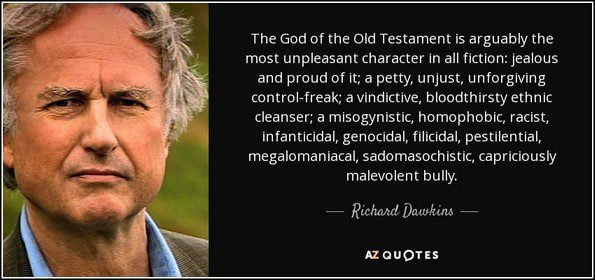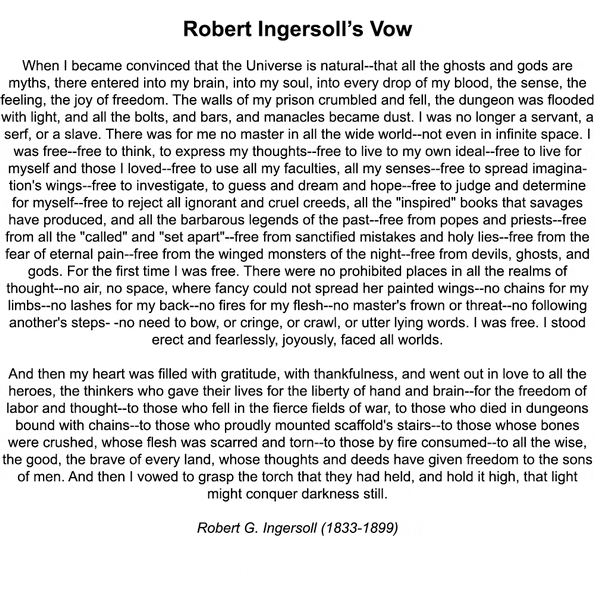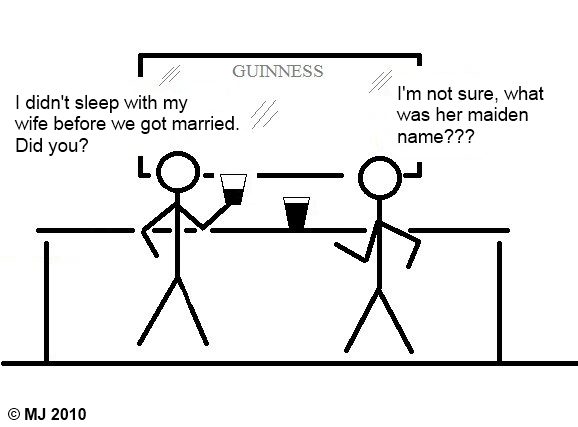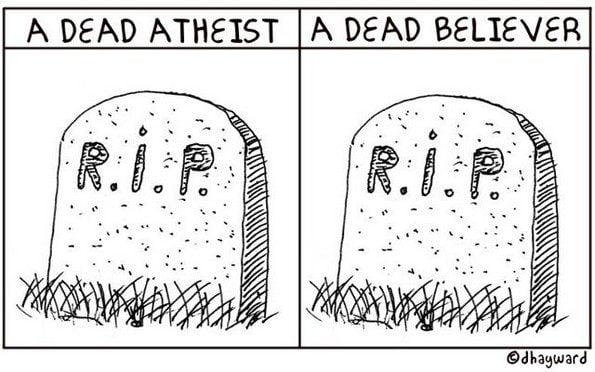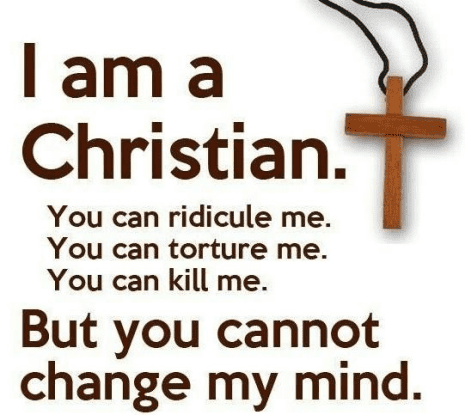
Air Force Chaplain Jerry Fogltance Reveals How Much He Doesn’t Know About Atheism
In a recent guest editorial in the Colorado Springs Gazette, retired Air Force chaplain Jerry Fogltance regaled readers with how much he doesn’t know about atheism. In fact, I found Fogltance’s screed to be a compendium of virtually every lame Evangelical argument against atheism. Fogltance is a 1968 graduate of Talbot School of Theology, an Evangelical institution associated with the Bible Institute of Los Angeles (BIOLA). His editorial reveals that he has spent little time reading any of the leading atheist authors of our day. Had Fogltance done so, he would not have written this:
Pascal’s Wager
Atheists take pride in claiming that what they believe is based on scientific evidence while religious dogma is based on myth. But the atheist’s position that “I don’t believe in God because science has not proven that God exists” is not a default position. The position that “I believe in God because science has not proven that God does not exist” is just as valid. The question then becomes: Which position carries the greatest risk if in the end proves wrong? Obviously, the atheist takes the greatest risk for the very God he has denied may hold him accountable.
Atheists are Immoral
Larimore Nicholl declares that he does not need God to deal with life’s challenges, i.e., “we never wait for divine intervention to solve our problems.” This statement reflects the atheist’s claim that belief in God is a crutch for the weak and ignorant. But atheism is also embraced as a crutch by those unable to live up to their own moral standards and afraid of being accountable to God.
Furthermore, rejecting belief in God because one cannot explain who created God begs the question. Christians believe God is transcendent; that is, he exists outside the system of the universe, beyond the reach of microscopes and telescopes. That’s not to say that real knowledge about God cannot be known. The complex forms of the universe reveal that he is personal (an intelligent designer) and the immense size of the universe that he is all powerful. But because God is infinite and we are finite, we may never know some of the deepest mysteries of his nature.
There are also things in the universe that cannot be explained apart from the existence and creative power of God. None can explain by natural evolution where the personal qualities of humans came from – like love, creativity, the ability to communicate thought verbally, musical expression, moral motions (sic) and free will. When Nicholl says that “humans were made by the natural forces of genetics,” he infuses the personal into natural forces where it does not exist. He was correct to refer to genetics as natural forces; he was wrong to say that those natural forces can make life as though they possess the ability to think and design.
Atheists Live Meaningless Lives
The worst consequence of Nicholl’s atheism is that it leaves humans without meaning. Exactly how does one actualize all potentialities when human life in the end turns entirely into dust? Israeli professor Yuval Noah Harari, also an atheist, has written a book titled: “Sapiens: A Brief History of Humankind.” The title of Chapter 1 reads “An Animal of No Significance.” Harari insists that “human life has absolutely no meaning. Humans are the outcome of blind evolutionary processes that operate without goal or purpose. Our actions are not part of some divine cosmic plan . Any meaning that people ascribe to their lives is just a delusion.” Such is the ultimate outcome of the atheist philosophy of life.
Atheists Killed Millions of People in the 20th Century
Professor Nicholl is quick to blame religious people for killing others while ignoring the fact that atheists like Stalin, Hitler and Pol Pot are responsible for history’s greatest atrocities. These committed atheists get credit for killing millions of innocent people. The atheist idea that death ends it all implies that they will never be brought to justice for their evil, an idea that is morally reprehensible.
Atheists Suppress Their Knowledge of God and His Moral Law
Nicholl says that the ethics and morals of atheists arise from the practical necessity that no society can be run without laws against murder, assault, etc. This is a weak basis for ethics and morals as the law of the jungle has resulted in some tribes eating their neighbors to survive. And modern complex societies have been known to create crematoriums and killing fields to annihilate entire ethic groups. A better basis of ethics is to acknowledge that universal moral laws, some of which Nicholl references, have been written on the heart of every human being by the creator. When, however, humans deny God’s existence, their accountability to him, and suppress the inner witness of his laws, evil then has no constraints.
Atheists are Deluded
My philosophy of life and death is stated in the Bible this way: “For to me, to live is Christ and to die is gain.” I have come to know and be reconciled to the God behind my existence through faith in Christ. Every day I experience the grace, forgiveness and love of God. I experience purpose in life by helping those without meaning realize it by also trusting in Christ. Furthermore, there is gain in death. There is the gain of heaven, which means that what I do in this short earthly life has eternal implications and reward. Meaning for the Christian is no delusion.
Jerry Fogltance
Fogltance’s scurrilous claims have been repeatedly and thoroughly debunked over the years. Those of us who are atheists tire of hearing the same lame arguments over, and over, and over again. I am to the point in life where I tell Evangelicals to talk to the hand when they make these kind of claims. Blinded by their religious beliefs and narrow worldview, Evangelicals refuse to accept as valid any viewpoint but their own. Their Fundamentalist intransigence closes their minds to any belief that doesn’t fit in the Evangelical box. Until Evangelicals are willing to truly understand atheism (and agnosticism, paganism, and humanism), philosophical, moral, ethical, social, cultural, and scientific arguments supporting atheism will fall on deaf ears.

